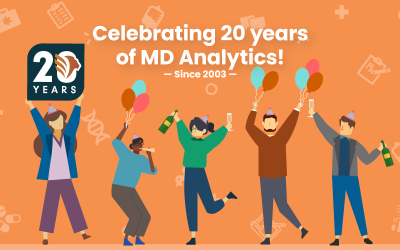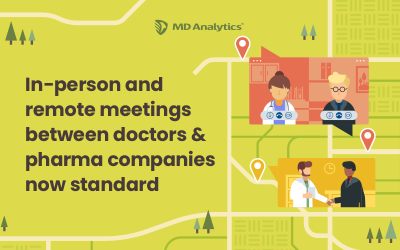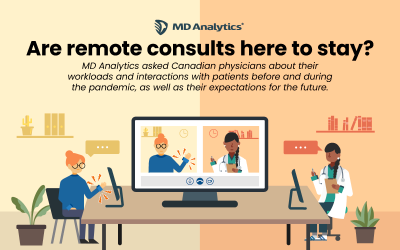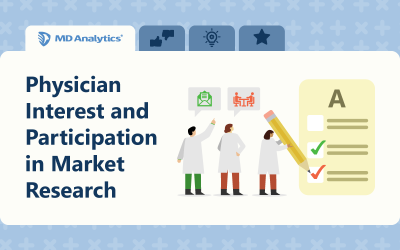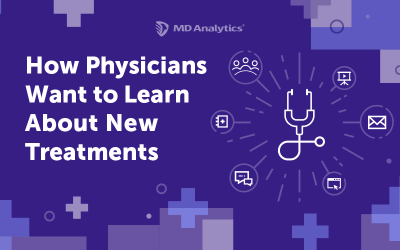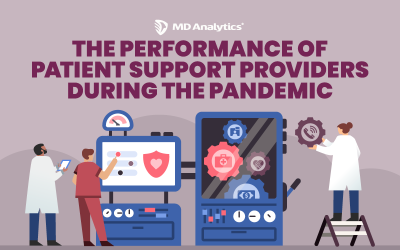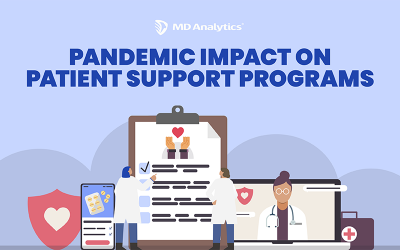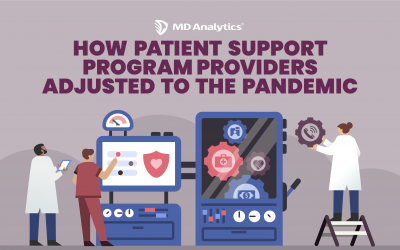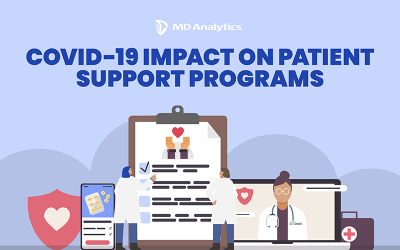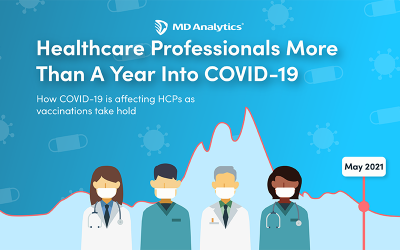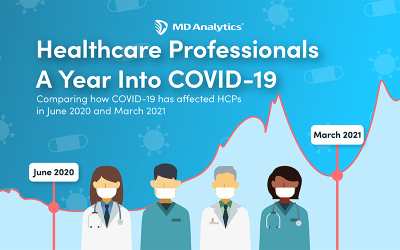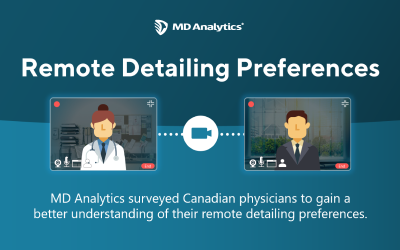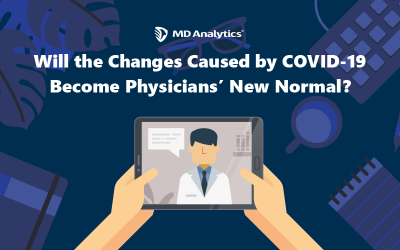We are sometimes reminded with stories, movies and books that companies have an origin too. It must have started somehow. Someone must have had a vision or an idea and then worked hard to get it going.
MD Analytics is no different in this way and its story follows its own certain path with many team members supporting the company’s growth and quality deliverables throughout the years. At the forefront is the CEO, Tyler Hassman, a fourth generation Canadian, born in Saskatchewan who migrated to British Columbia in the late 90’s; where he held several sales positions during the “dot com” days and met other ambitious soon-to-be entrepreneurs along the way. Working long hours tirelessly and then meeting with friends after work to talk about business was the way he spent most of his days. Day after day, year after year working and evolving along with the business.
